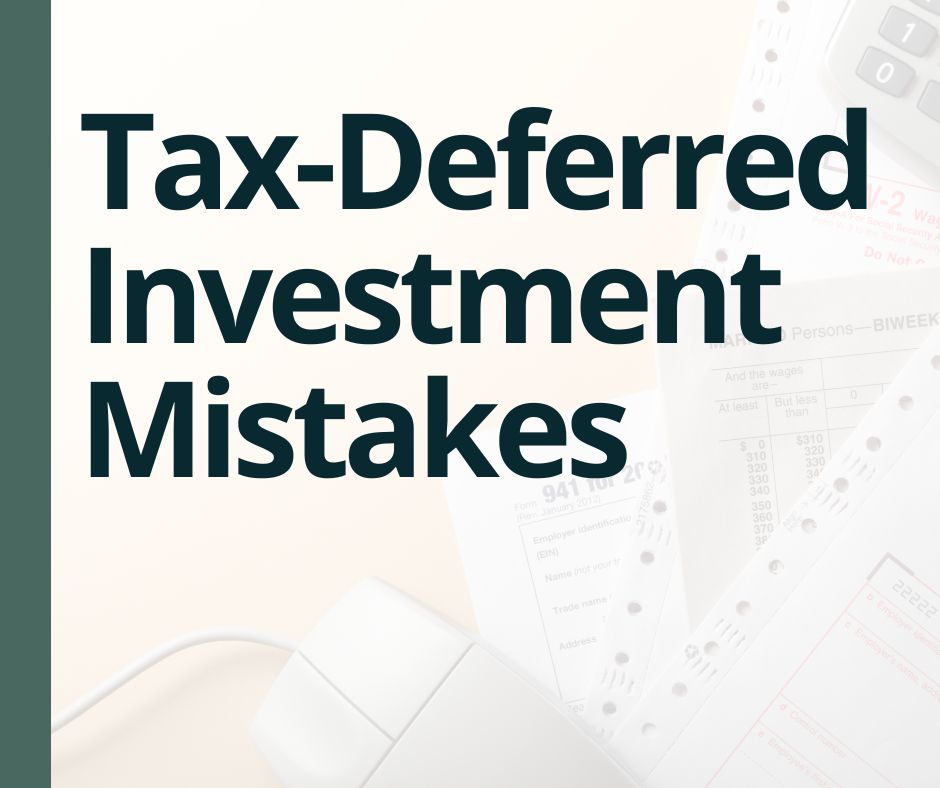Why the 2026 Rules Matter for Business Owners
Beginning in 2026, business owners will navigate new depreciation and business-expensing rules under the One Big Beautiful Bill Act. Understanding these updates—and how Section 179 strategies work alongside bonus depreciation—can help business owners make well-timed decisions that shape multi-year tax outcomes. The timing of when property is placed in service—not just purchased—can make a meaningful difference in lowering taxable income and aligning year-end planning.
Families with rental properties or side businesses may also benefit from understanding how these provisions impact equipment purchases and facility improvements.
100% Bonus Depreciation Returns in 2026
Bonus depreciation is fully restored for qualified property beginning in 2026, allowing businesses to deduct the entire cost in the year the asset is placed in service.
What Qualifies for 100% Bonus Depreciation
- Equipment, machinery, vehicles, software, and other property with a MACRS life of 20 years or less
- Property acquired and placed in service after January 19, 2025
- Property used in the United States or U.S. possessions
The TCJA phase-down schedule (80%, 60%, 40%, 20%) no longer applies to newly qualified property.
Why This Matters for Your Tax Planning
Bonus depreciation can:
- Create immediate deductions
- Offset higher-revenue years
- Increase planning flexibility
- Support reinvestment or growth strategies
Higher Section 179 Expensing Limits
Section 179 remains a powerful planning tool for expensing certain equipment and improvements immediately, within annual income limits.
Key Changes for 2026
- Increased deduction limits for property placed in service after December 31, 2024
- 2026 limits indexed for inflation
- Valuable when bonus depreciation is not available or when owners want to tailor deductions more precisely
Section 179 continues to include:
- Annual business income limitations
- Phase-out thresholds tied to total equipment purchases
Enhanced Depreciation for Qualified Production Activities
Businesses expanding or modernizing production facilities may receive enhanced depreciation for certain non-residential real property.
To Qualify, Property Must:
- Begin construction between January 20, 2025 – December 31, 2028
- Be placed in service before January 1, 2031
Eligible improvements may support:
- Facility modernization
- Production expansion
- Specialized building construction
How 2026 Rules Coordinate With Existing Depreciation Frameworks
Despite new incentives, familiar rules still apply. Coordinating these rules correctly helps avoid surprises and optimize timing.
- Standard MACRS conventions (half-year, mid-quarter, mid-month)
- Interaction between Section 179 and bonus depreciation
- Potential for deductions to create or amplify losses
- Tax outcomes influenced by entity type and long-term planning goals
Planning Considerations for 2026
The most significant opportunities—and most common mistakes—center on timing.
Why Timing Matters
- Assets must be placed in service before year-end to qualify
- Delivery, installation, or setup delays can affect eligibility
- Bonus depreciation may create losses that are either advantageous or limiting
Other Planning Factors
- Succession and transition: Larger deductions may reduce current income but affect basis
- Cash flow: Deductions should support—not strain—operations
- Financing: Borrowing for equipment may still qualify, but repayment schedules and cash flow should align with long-range goals
Cornerstone Guidance: Aligning Purchases With Multi-Year Planning
Thoughtful timing can make a meaningful difference in multi-year tax outcomes. When income is higher, or expected to rise, equipment purchases or facility upgrades may help reduce taxable income, smooth earnings, and support strategic planning.
Strategic planning may allow you to:
- Reduce taxable income in high-revenue years
- Smooth income for future Roth conversion opportunities
- Support cash-flow planning during acquisitions or upgrades
- Align equipment decisions with retirement or succession timelines
Our advisors work with clients to bring every part of their financial plan together, including tax planning. Schedule a strategic review of your plan to see how a more coordinated approach could benefit your strategy.
Please note, changes in tax laws may occur at any time and could have a substantial impact upon each person’s situation. While we are familiar with the tax provisions of the issues presented herein, as Financial Advisors of RJFS, we are not qualified to render advice on tax or legal matters. You should discuss tax or legal matters with the appropriate professional. CSP #944320. Exp. 11.21.26.




